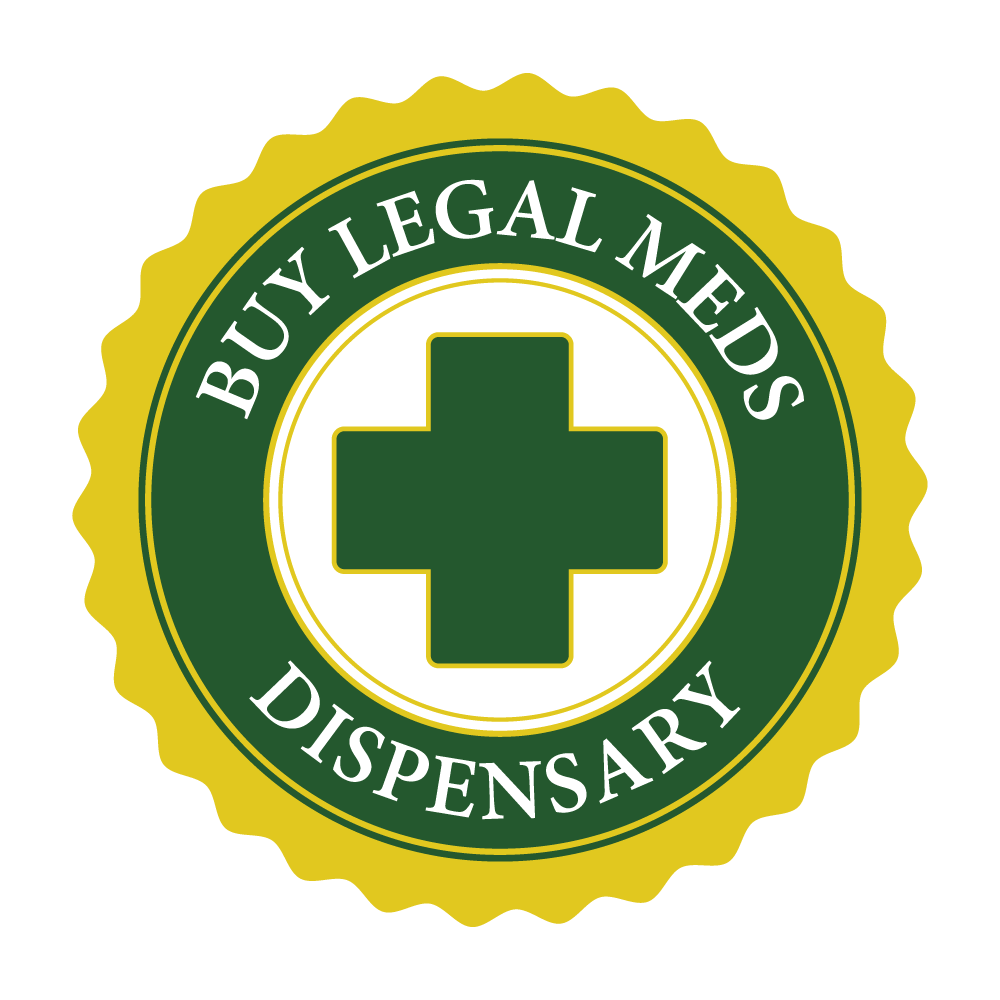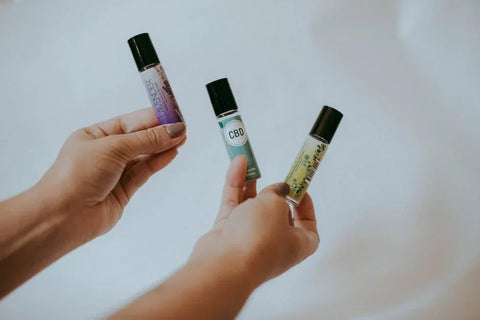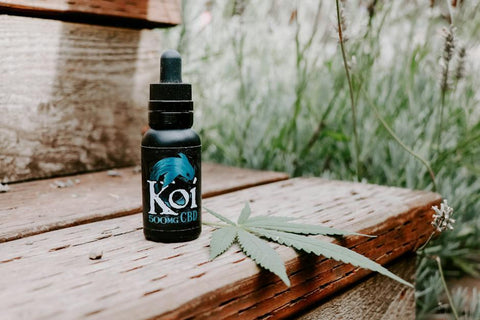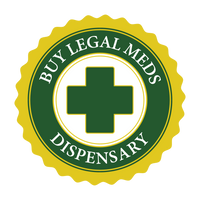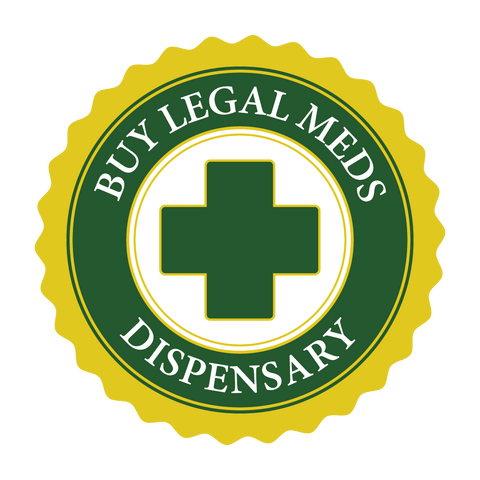What is CBD?
CBD, or cannabidiol, is a natural compound found in the cannabis plant. Unlike THC, another compound in cannabis, CBD does not cause a "high" feeling. Instead, it's known for its potential health benefits. Some people use CBD to help manage issues like anxiety, pain, and insomnia. CBD comes in various forms, including oils, capsules, gummies, and topical products. When purchasing CBD products, it’s essential to look for high-quality options and consult with a healthcare professional to determine the appropriate dosage for your needs.

Benefits of CBD
CBD has several potential benefits, including relieving pain, reducing anxiety and depression, alleviating cancer-related symptoms, and improving heart health. Some studies also suggest it may have neuroprotective properties and help with acne. Keep in mind that while many people find CBD beneficial, the effectiveness and appropriate dosage can vary for each individual. It's essential to consult with a healthcare professional before incorporating CBD into your wellness routine.
Different forms of CBD
CBD comes in various forms, including oils, capsules, creams, and gummies. Each form offers different methods of consumption and absorption in the body. For instance, oils are usually taken sublingually, while gummies are eaten and digested. Oils and capsules provide a more accurate dosage, while creams are used topically for localized relief. Gummies are a more discreet way to consume CBD. Choosing the right form depends on your preferences and the desired effects.
Understanding CBD dosage
When starting with CBD, it's important to understand how to determine the right dosage for you. Here are some key points to keep in mind:
- Start low: It's best to begin with a low dose and gradually increase it until you find the right amount for your needs.
- Consider body weight: Your body weight can affect how CBD interacts with your system, so it's a factor to consider when determining your dosage.
- Consult with a professional: If you're unsure about the right dosage for you, it's a good idea to consult with a healthcare professional who is knowledgeable about CBD.
Remember, everyone's response to CBD can differ, so finding the right dosage may take some time and experimentation.
How does CBD work in the body?
So, how does CBD work in the body? Well, it interacts with the endocannabinoid system (ECS) in our bodies, which helps regulate various functions like mood, sleep, appetite, and pain sensation. CBD doesn't directly bind to cannabinoid receptors, but it influences them to signal better. Research suggests that it may also interact with serotonin receptors, which can have a positive impact on anxiety and depression. Overall, CBD seems to have a balancing effect on the ECS, which can explain its potential therapeutic benefits.
CBD side effects and risks
FDA-approved prescription drugs for certain conditions have shown that CBD can cause side effects like diarrhea, changes in appetite, and fatigue. CBD can also interact with other medications, so it's important to consult with a healthcare provider before using it. Some research suggests that high doses of CBD could potentially worsen Parkinson's disease symptoms. Although CBD is generally considered safe, it's essential to be aware of these potential side effects and risks before using it.
Is CBD legal?
Yes, CBD is legal in some parts of the world, but it's important to check the specific laws in your country or state. In the United States, for example, the 2018 Farm Bill legalized hemp-derived CBD at the federal level, as long as it contains no more than 0.3% THC. However, individual states can have their own regulations regarding CBD, so it's best to research your local laws to ensure compliance.
Where to buy CBD
You can buy CBD from various places, including dispensaries, online retailers, and natural health stores. When purchasing CBD, make sure to do some research on the product and the seller to ensure quality and authenticity. Look for third-party lab testing to verify the product's contents and potency. Additionally, consider factors like customer reviews, the source of the CBD, and the extraction method used to make an informed decision.
Incorporating CBD into your daily routine
If you're considering incorporating CBD into your daily routine, it's important to start with understanding the various forms and dosages available. The most common ways to take CBD include oils, capsules, and edibles. It's essential to start with a low dose and gradually increase until you find the right balance for your needs. Keep in mind that CBD affects everyone differently, so it's crucial to pay attention to how your body responds and adjust accordingly. Consistency is key when incorporating CBD into your daily routine to experience its potential benefits, such as promoting relaxation and supporting overall wellness.
Conclusion
So that's it for our discussion on CBD! We’ve covered the basics of what CBD is, its effects, and potential benefits. As a beginner, it's essential to start with low doses and gradually increase to find the right amount for you. Remember to always check the legal status of CBD in your area and consult with a healthcare professional if you have any concerns. With the increasing interest in CBD, it's important to stay informed and make educated choices. We hope this guide has provided you with the information you need to start your CBD journey.
